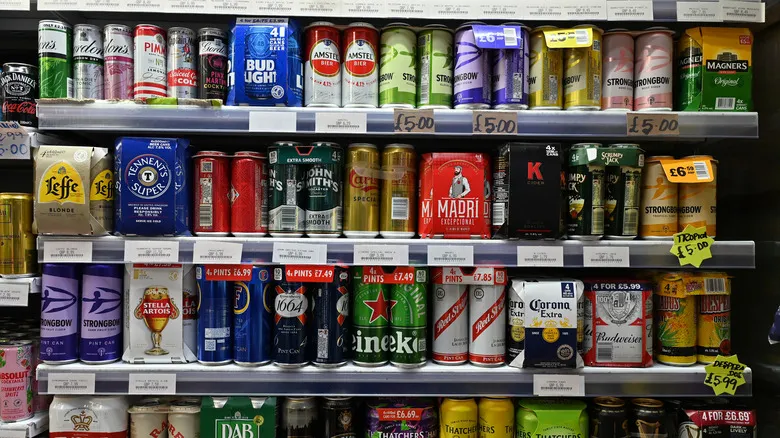How aluminum cans protect the quality of beer
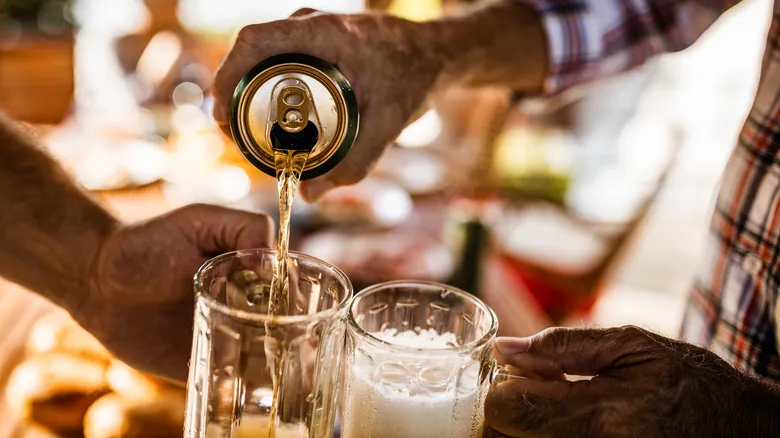
One of the key advantages of aluminum beer cans is their ability to shield the contents from light and air. Beer can develop a skunky flavor due to hops, which contain iso-alpha acids that break down when exposed to light. This reaction with riboflavin produces a compound known as 3-methyl-3-butene-1-thiol, or prenylthiol, which closely resembles the substance secreted by skunks, (E)-2-butene-1-thiol. Since light is responsible for this undesirable flavor, bottled beer is particularly at risk, especially those in clear glass, which offers no protection. While green and brown bottles provide some defense against light, only aluminum cans can completely block it out.
Additionally, bottles are more prone to oxidation, as air can gradually infiltrate through the cap seal, leading to a deterioration of flavor as the alcohol and aromatic compounds break down. In contrast, properly sealed cans do not face this issue. The only drawback that consumers often mention is a slight metallic taste when drinking beer directly from cans. However, this can be easily resolved by pouring the beer into a glass, as the taste is typically influenced by the proximity of your nose to the can.
Recommended
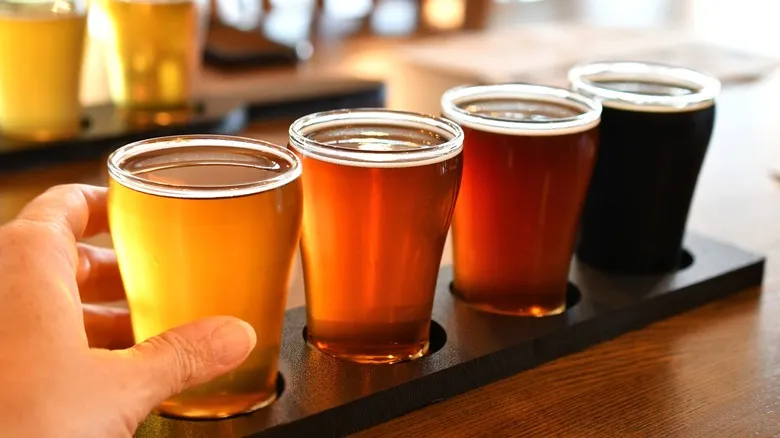
Is Porter Beer The Same As A Stout?
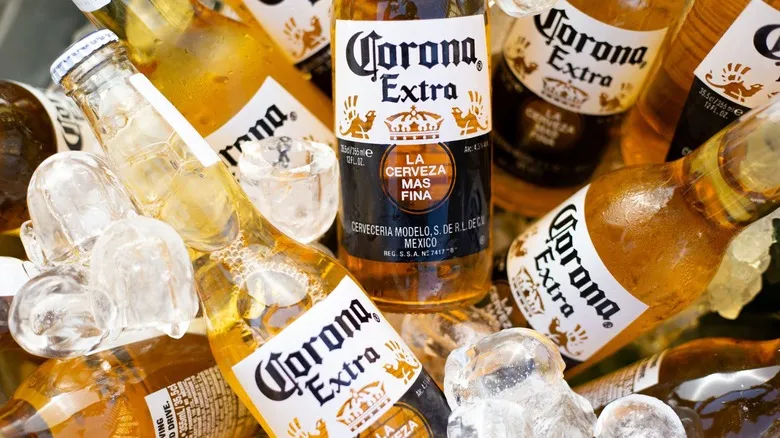
What Kind Of Beer Is Corona?
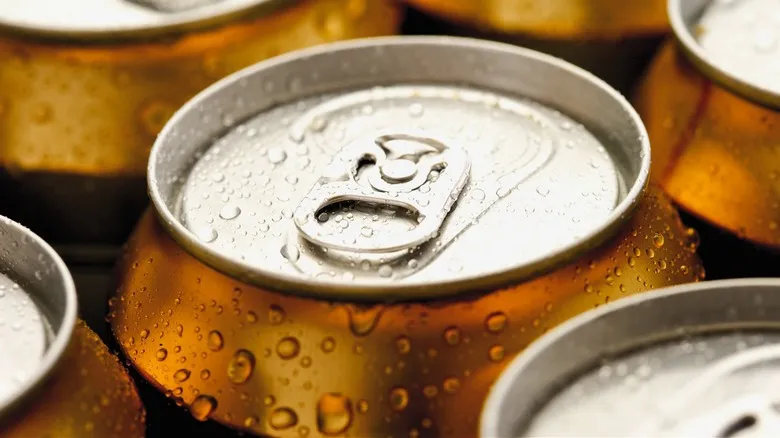
Yes, There Is A Proper Way To Store Canned Beer
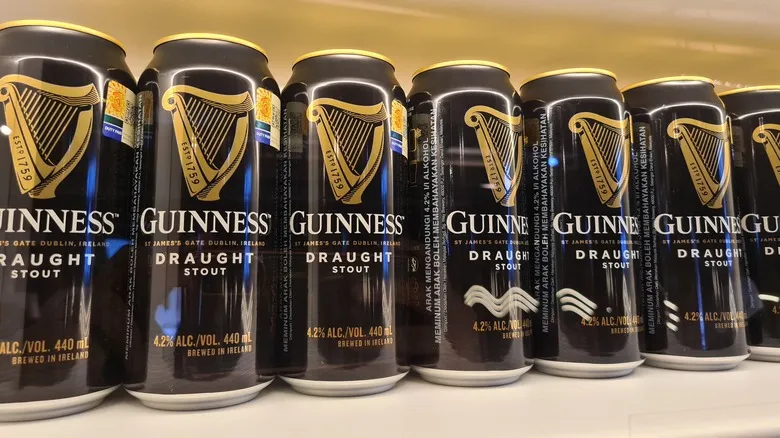
What's That Little Ball Rattling Around Inside Guinness Cans?
Next up

